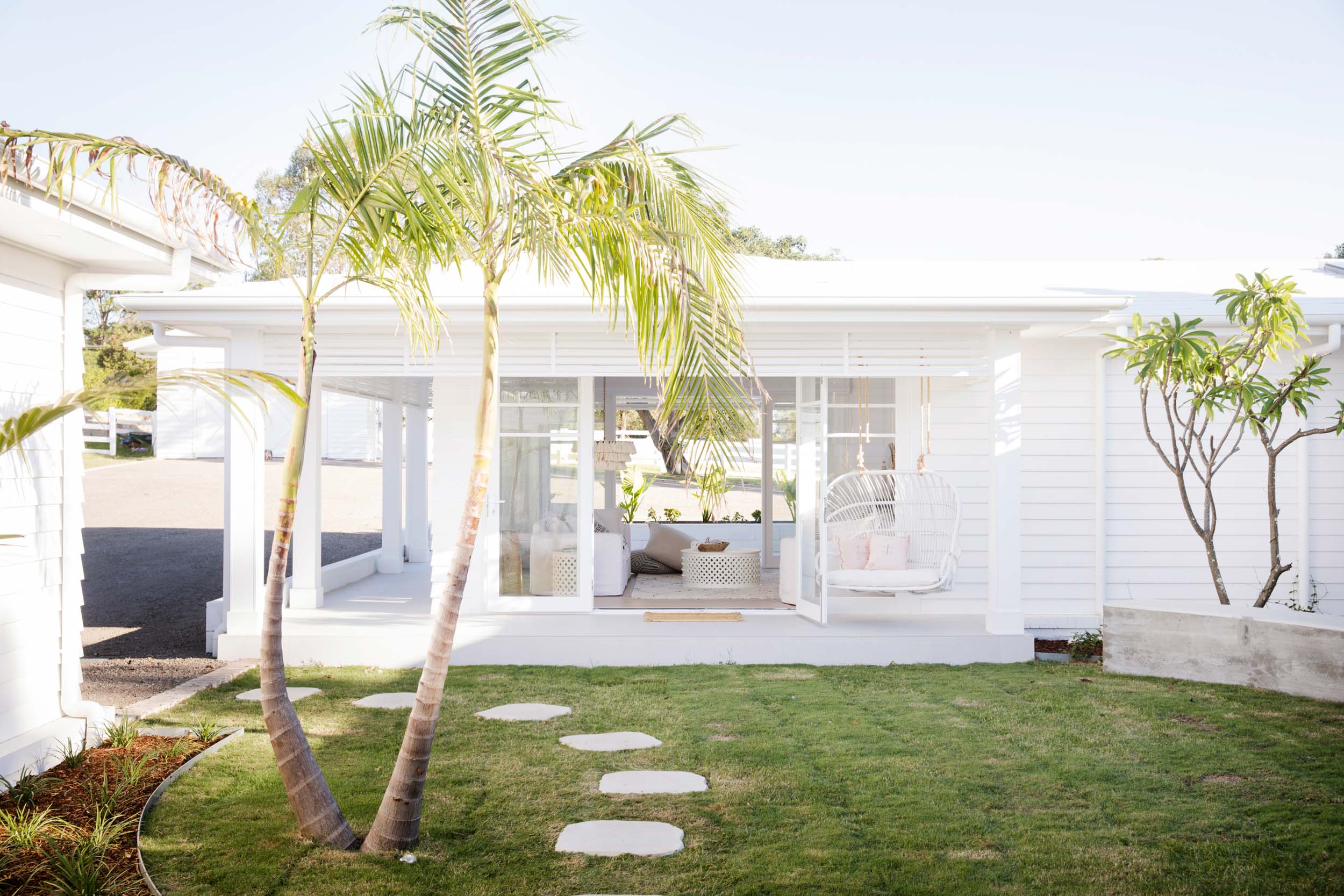Coming up with a down payment to purchase your first home can feel like a herculean task. How can you possibly save twenty, thirty, fifty thousand dollars—approximately 11% of your home purchase price in 2016 (National Association of Realtors)—to pour into a house? For most individuals, it can be incredibly tough to save enough, particularly if you’re strapped for cash. What can you do?
The good news is that if you’ve been consistent about saving for your retirement, you have a leg up thanks to the two 401k first time home buyer options. These options allow you to supplement your down payment with cash from your 401k. However, not everyone qualifies to use money from a 401k. There are strict rules, so it’s vital that you understand how the process works before you move forward.
Borrowing from 401k
When it comes to borrowing from your 401k to help with your down payment, there are two ways to go about it:
Get a 401k loan for home purchase
Make a 401k withdrawal
Each of these options comes with its own costs and rewards. Remember that everyone’s financial situation is different and the best way to make the right choice for your situation is to contact a financial advisor and a skilled real estate agent.
401k Loan
First, let’s talk about getting a 401k loan for home purchase. The good news is that, when getting a loan, you don’t owe income taxes or the 10% early withdrawal fee. The bad news is that when you take a loan, it has to be repaid with interest even if you’re just paying the money and interest back out of your own pocket.
However, unlike a typical FHA loan, borrowing from 401k is fairly limited. Your max loan is limited to a specific dollar amount OR one-half of your account balance, whichever is smaller. This means that you need to know your current vested balance.
As for repayment, your 401k loan must be repaid within five years, and payments are required on a quarterly basis—both principal and interest. And your loan payments DO NOT count as contributions to your 401k.
Please note, not all plans permit loans. You’ll need to check with your particular plan to see what is allowed. Additionally, before moving forward with this option it’s advisable to check in with a financial advisor to ensure this option is right for you.
401k Withdrawal
The second option for a 401k first time home buyer is a withdrawal. Compared to a 401k loan, it’s much simpler. The money is yours once you take it out and it does not have to be repaid. But there are a few more details. To withdrawal money from your 401k, you have to meet a few criteria including age restriction and financial hardship.
Only if your employer allows withdrawals and you can prove to the IRS that you are experiencing financial hardship can you even consider withdrawal. From there, your withdrawal has a certain dollar limit, and you must pay income tax on the full amount.
The other option for a withdrawal is to cash out on an old 401k. However, if you use this option, you’ll be required to pay both the 10% early withdrawal penalty as well as income tax.
Before you pursue this path or cross it off, be sure to get the opinion of a financial advisor who has access to your personal financial details.
401k Loan vs. Withdrawal
In most cases, a 401k loan may be easier to obtain and doesn’t come with the penalties associated with an early withdrawal. Of course, the downside is that you’ll eventually have to pay it back in five years.
So, why would you use your 401k to help purchase your first home?
Depending on your financial circumstances, this option may be more financially feasible than paying private mortgage insurance, and the interest goes back in your pocket. Another option is to use your IRA to avoid the 10% penalty. IRA withdrawals up to $10,000 are allowed without the 10% early withdrawal penalty, though you’ll still owe income tax.
If you need help figuring out the best option for you when it comes to putting together your down payment with your 401k, contact your personal financial advisor.

 Facebook
Facebook
 X
X
 Pinterest
Pinterest
 Copy Link
Copy Link


